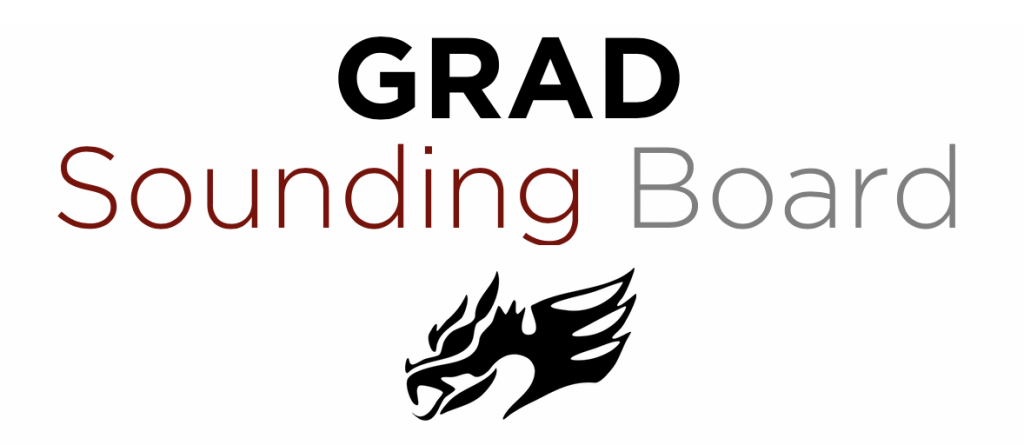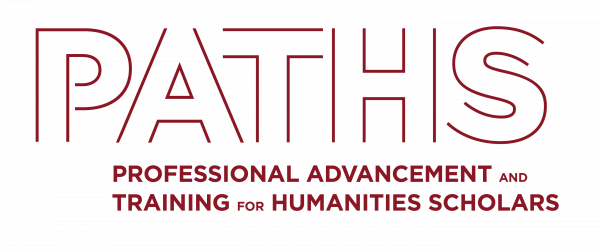UChicago PhD Candidate Lauren Schachter shares tips on how to set practical goals for 2019.
There is a rabbit hole’s worth of internet literature on New Year’s resolutions: it’s a rich archive that someone should definitely resolve to write a dissertation about in 2019. But seriously, it’s hard to know what to do on January 1st—especially if you are an overwhelmed graduate student, anxious about doing everything within your power to be ready for that job market moment, when it comes. How can we make useful resolutions (call them goals, if you prefer) when it all seems urgent?
Every year, the debate renews itself: are new year’s resolutions pointless and self-sabotaging? Or are they the useful nudges we need to live our best lives? Done right, they can be the latter. Here are some tips:
- Break it down: Vague, baggy goals are near-impossible to achieve. Goals like: “Finish dissertation,” “Land job or post-doc,” and “Be healthier” are not good goals—at least not on their own. Try following up an intimidating goal with the question “and how will I do this?” until you’ve carved the goal into smaller, more realistic tasks. For example, with “Finish dissertation,” a ridiculous ask how will I do that? By writing the remaining two chapters. And how will I write those? By deciding which one I will write first. With that decision made, what do I need to do first in order to write this chapter? More reading – and how will I do this? And so on. The point is, never write “finish dissertation” or even “finish chapter” on your to-do list for a given day. Even if you are actually about to defend, finishing the dissertation should manifest as a more specific set of tasks: proofread Chapter 2, check footnotes for Chapter 2 and 3, write acknowledgments, etc.
- Life Happens: “My schedule is completely clear for dissertation work,” said no one ever! So double check your lofty goals against what else you have going on. Are you teaching this quarter? Moving apartments? Is your sister having twins? Are youhaving twins? Etc. Setting hyper-rigorous goals will not, contrary to popular belief, push you to succeed. The surest way to achieving your bigger goals is through the little goals—incremental wins. Everyone works and writes differently, but generally we have in common the positive momentum that comes from checking off a box, even if that box is a seemingly small task.
- Find Your Productivity App: How to ensure these incremental wins? Why not gameify your productivity? The original Pomodoro technique was developed in the 1980s, inspired by kitchen tomato timers, and you worked in 25 min. increments with 5 min. breaks, and a longer 15-20 min. break after completing four 25 min. increments. My personal favourite is Forest, available for iPhone or Android, in which you gain points for planting trees in order to buy adorably strange new trees, like the cat-, bread-, or candy-tree. You can even customize what the app says to gently scold you for trying to check something on your phone in the middle of growing a tree (distraction kills trees)! With Forest and most other Pomodoro-style apps, you can customize everything (work increment duration, break length, long break length). It’s silly but fun and might work for you. Finally, you don’t need an app to work in timed increments, just a timer with an alarm. Happy planting!
- Further reading:
- “New Year’s Resolutions: Eliminate, Enhance, Explore”– from gradhacker
- “PhD Diary: new year’s resolutions”– from Times Higher Ed
About the author
Lauren Schachter is completing her dissertation in eighteenth-century and Romantic British Literature, with many little goals to get her from here to a summer 2019 defense date.


